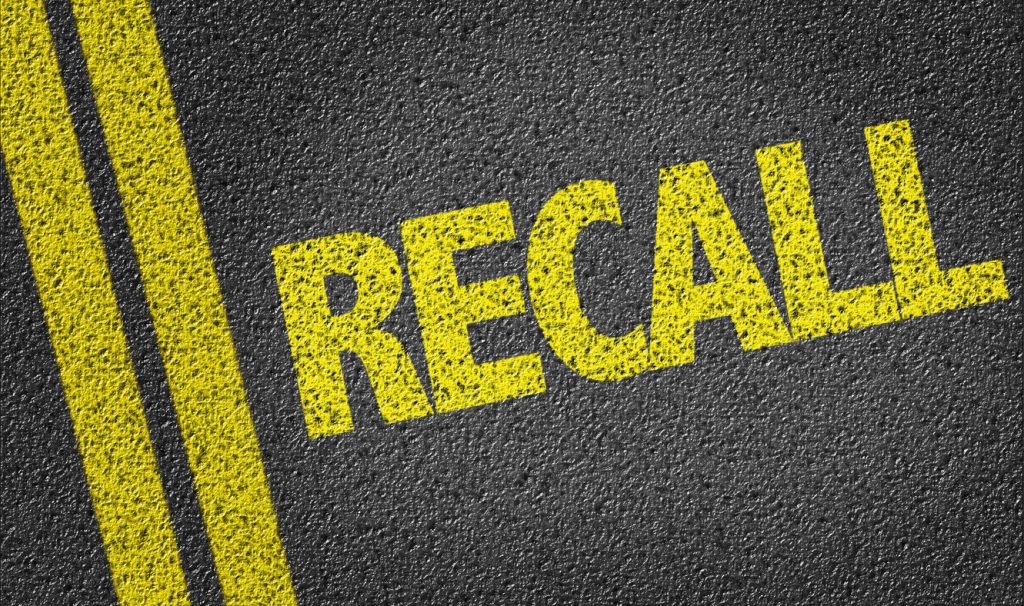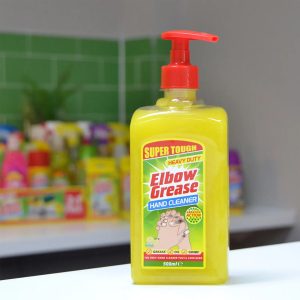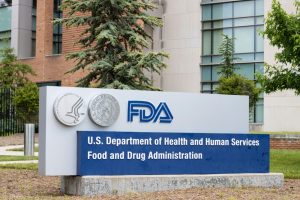Buying a car either new or used is a big financial investment and, therefore, most often involves doing loads of research on the specifications of the vehicle, its reliability, and market value. However, the one thing most buyers overlook at the time of purchase is a check for recalls. A recall on a vehicle can show potential safety risks; understanding these is critical for ensuring the car is both safe and legal to drive. This shall serve as an informed purchase on the part of buyers and can fend off potential litigation; more importantly, buyers ensure that they are not putting themselves in any precarious situation on the road.
These recalls are ordered by manufacturers or, in some instances, by regulatory agencies such as the National Highway Traffic Safety Administration for defects or non-compliance with safety standards. Recalls may range in scope from defective airbags and braking systems to engine failures. The procedure of checking whether a recall potentially affects the vehicle the user intends to buy has proved to be a form of protection provided by the law against someone charging, maliciously and under fraudulent concealment, a licensed dealer. Click here to see if there are any recalls on the model vehicle desired for purchase so that one is compliant and makes a safe buy.
The Legal Importance of Addressing Vehicle Recalls
Ignoring a recall on a vehicle may garner some serious legal consequences. In the period a recall is issued, manufacturers are by law obligated to take measures for notifying the vehicle owners and rectifying the problem without any cost on the owner's part. On the buyer's side, buying such a vehicle with outstanding recalls has possible additional costs or hazardous outcomes. In some states, it even extends to the period of illegality where one can sell a vehicle with an unresolved safety recall. Hence, outstanding recall status checks and whether they have been resolved will save the buyer from future legal complications.
Recalls are not only critical in ensuring the safety of the driver and passengers, but they also play a role in the liability issues. For example, if there is an accident because of a recalled issue, the owner may have to face legal consequences or limitation of insurance claims. Getting recalls fixed before finalizing the purchase saves a consumer from inheriting a vehicle that has potential unsettled safety problems or liabilities.
How to Check for Vehicle Recalls
Checks for recalls are pretty easy and can be effected using the car's Vehicle Identification Number. There are a number of free recall checks online, where buyers can input their VIN for a full history. Many recall-check services provide information about the date of recall, the part affected, and whether the repair has been performed, all information that can help prospective buyers make a decision.
Beyond VIN-specific searches, buyers need to research the common recall issues about certain models. It may be that certain manufacturers are consistently having specific component failures, and researching the trends can highlight for the buyer common defects which could have impacts on the safety or resale value of the vehicle.
Understanding the Financial Implications of Recalls
While the recalls themselves do not have a cost to the vehicle's owner, there may be some indirect financial implications. For example, a car that has been recalled several times is bound to depreciate; hence, selling it will be a problem later on. In other cases, recalls that have not been fixed can affect the market value of the car and thus give a buyer reason to bargain for a better price or even cancel the purchase of the car altogether.
Additionally, some recalls entail repairs that are thorough enough to take the vehicle out of commission for days and sometimes weeks. The buyer pays more thoughts of situations where this length of time would affect their schedule negatively and whether they are in a position or not to hire alternative transportation should that car have to spend unwarranted time in the repair shop. Being cognizant of these financial considerations, a buyer would then be able to analyze if that type of vehicle, having past recalls, would suit their needs and expectations.
Legal Rights of Buyers Regarding Vehicle Recalls
Legally, every buyer of a motor vehicle has the right to be notified regarding known safety defects or recalls affecting the car to be sold. In line with the above, consumer protection laws usually make it obligatory for the seller, whether individual or dealership, to disclose defects known to the former and include recalls within that purview. Failure to do so may be considered fraud or negligence and could expose the seller to potential legal action in case a buyer experiences safety problems resulting from a recall that was not disclosed.
Buyers should also ask for a complete vehicle history report from the seller, which would contain the recall status, and cross-check the information through online resources independently provided by both parties. If added protection is what you are thinking of, bring in a mechanic whom you trust, and this will confirm that the recall-related repair work has been correctly executed and that no other issues relating to safety exist.
The Role of Vehicle Recalls in Maintaining Road Safety
Recalls are a very important counter-measure in all aspects of road safety, considering that it involves fixing or correcting manufacturing defects or impeding a probable accident. According to NHTSA, millions of vehicles are recalled annually due to safety defects. Repairing these prevents a major portion of accidents which are preventable. Being alert for recall issues protects the driver and passengers but also helps in the protection of the other people on the road as well.
This would, therefore, be a serious issue for recall for those families or individuals who use their vehicle frequently or rely on it for long distances. Even small recalls, like faulty sensors, can become very dangerous and escalate if not changed. It is thus very important to make safety paramount and institute recall checks as part of the usual process of purchasing any vehicle.
Steps to Take If a Recall is Discovered After Purchase
It can be distressing to find out, after the sale of the vehicle, that it does have an excellent recall, although there are ways of finding an efficient solution to this problem. The first thing to do is one to contact the manufacturer of the car or the main agent, as it is their responsibility to take care of the recall and effect all repairs free of charge. The buyer should make sure to keep all records of these communications, along with repair receipts and dates of service, for proof that they have undertaken all due diligence in terms of the recall.
More serious would be something like an undisclosed recall by the dealership or private seller, which could even encompass a legal complaint if such a recall results in mechanical failure or other safety features. Getting an attorney specializing in automobile law will delineate the rights of the purchaser and alternatives available upon an undisclosed recall that resulted in damage or unexpected repair costs.
Conclusion: Protecting Yourself by Prioritizing Vehicle Recall Checks
The performance of a vehicle recall check is a very crucial step in buying cars for the protection of an investment and safety. If you are too blind to overlook the car recalls, it could lead to possible legal complications, increased liability, and potential accidents. Therefore, researching any car regarding its recall history will lead to finding if the issues have been resolved to make an informed decision and hit the road with peace of mind.
Maybe the minor detail of a vehicle recall seems just that minor. The possible implications regarding safety and legality, however, are not minor. This is non-negotiable for potential purchasers, whether buying from a dealership or a private seller. Such proactive steps will arm the buyer with the confidence to take to the road, knowing they have taken every step to select a safe and reliable vehicle.





















